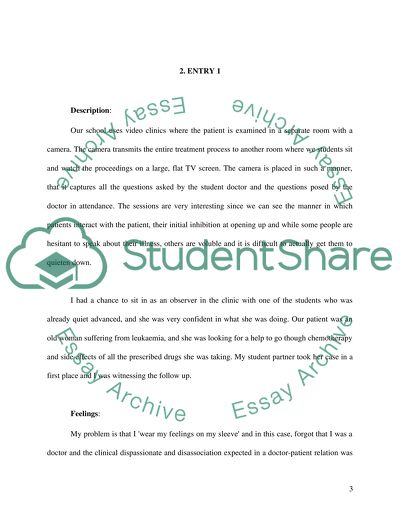Cite this document
(“Reflective Clinical Journal Personal Statement Example | Topics and Well Written Essays - 3750 words - 1”, n.d.)
Retrieved from https://studentshare.org/health-sciences-medicine/1650206-reflective-clinical-journal
Retrieved from https://studentshare.org/health-sciences-medicine/1650206-reflective-clinical-journal
(Reflective Clinical Journal Personal Statement Example | Topics and Well Written Essays - 3750 Words - 1)
https://studentshare.org/health-sciences-medicine/1650206-reflective-clinical-journal.
https://studentshare.org/health-sciences-medicine/1650206-reflective-clinical-journal.
“Reflective Clinical Journal Personal Statement Example | Topics and Well Written Essays - 3750 Words - 1”, n.d. https://studentshare.org/health-sciences-medicine/1650206-reflective-clinical-journal.


